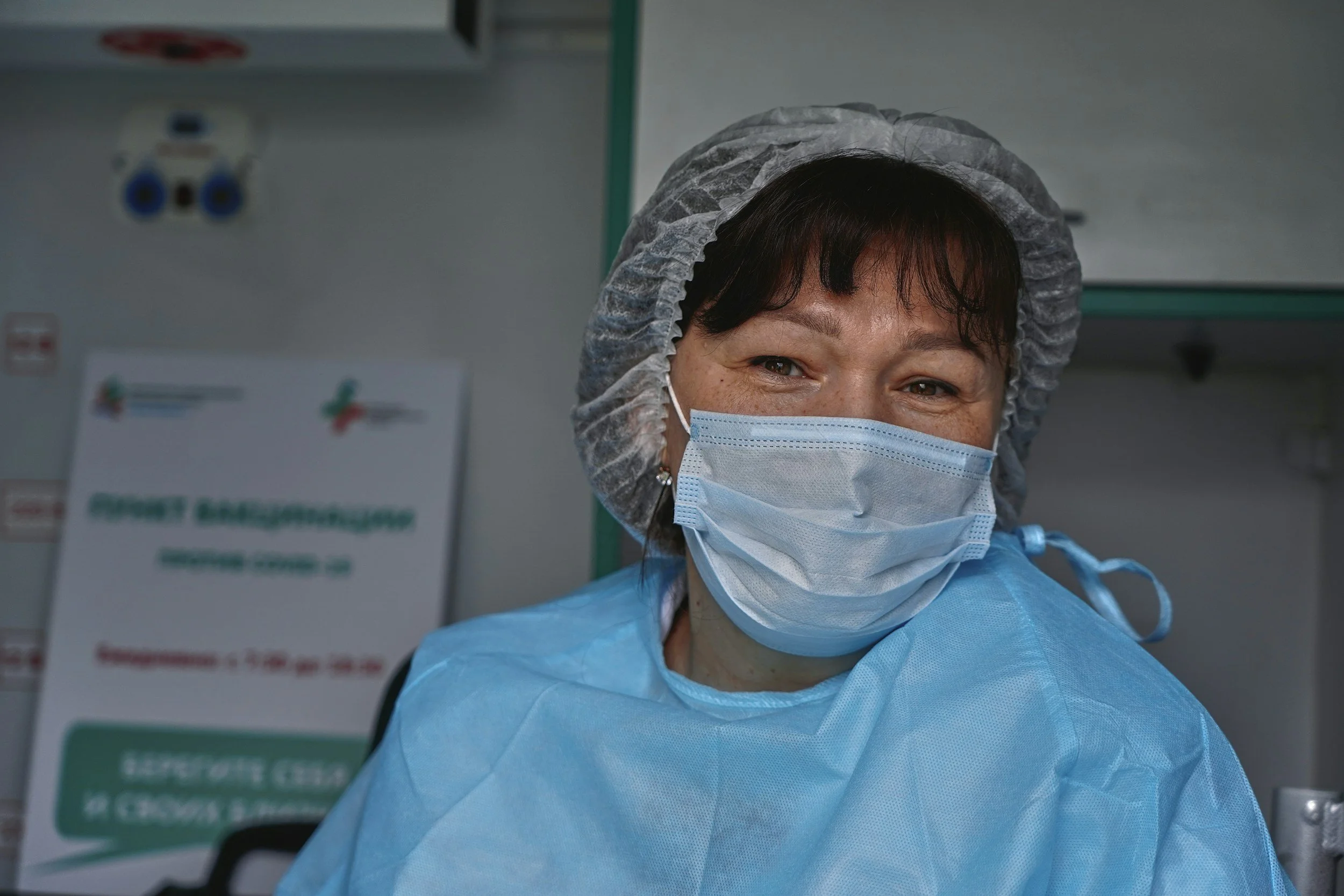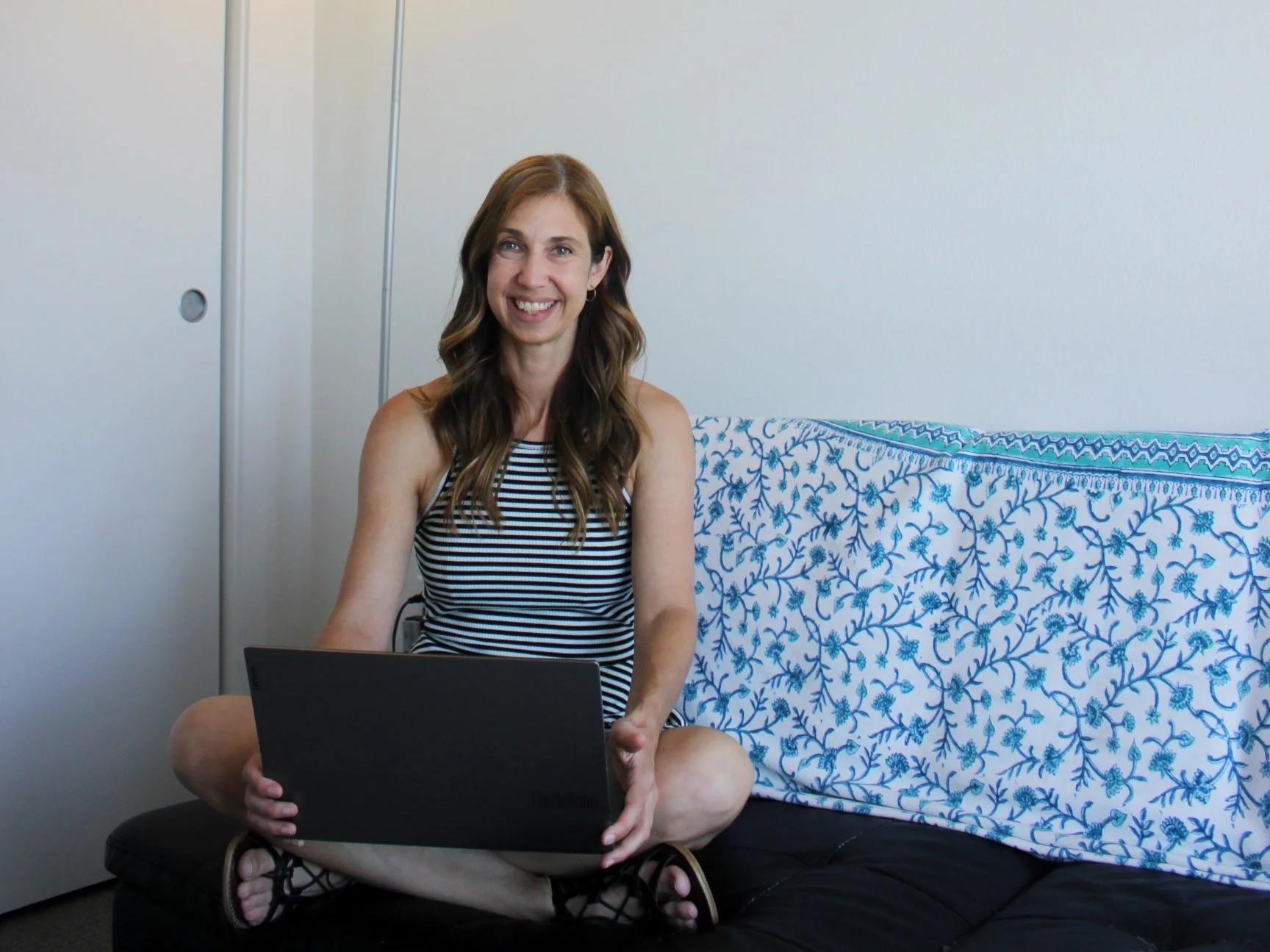EMDR Therapy for Nurses Who Worked Through COVID-19
EMDR Therapy for Nurses Who Worked Through COVID-19
If you were a nurse during the COVID-19 pandemic, there’s a good chance you’re still carrying the weight of those years in your body, in your nervous system, and in your heart.
You showed up when things were chaotic, heartbreaking, and uncertain. You worked long hours in full PPE. You held phones up to dying patients. You went without proper breaks. You felt alone, isolated from the world.
Even now, when the world has “moved on,” many nurses haven’t. Not because you don’t want to, but because your nervous system still feels like it’s bracing for the next wave.
If this sounds like you, you’re not alone. And you don’t have to keep white-knuckling your way through it. EMDR therapy can help.
If this sounds like you, you’re not alone. And you don’t have to keep white-knuckling your way through it. EMDR therapy can help.
The Lingering Impact of COVID on Nurses
The pandemic pushed the healthcare system and its workers to the brink. While much of the public experienced fear and disruption, you were living inside the crisis every day.
You may still feel:
On edge or hyper-alert even during your days off
Emotionally numb, detached, or “checked out”
Haunted by moments you can’t forget
Grief over patients you couldn’t save
Anger at how unsupported you felt
Guilt for what you couldn’t do—despite doing everything you could
Exhausted, even after rest
These are not personality flaws. These are nervous system responses to prolonged trauma. And your body deserves a way to come back to baseline.
How EMDR Can Help You Heal
EMDR (Eye Movement Desensitization and Reprocessing) is a trauma-focused therapy designed to help you process difficult or overwhelming experiences without having to retell every painful detail.
Through bilateral stimulation (such as eye movements, tapping, or sound), EMDR supports the brain in reprocessing stuck memories so they lose their emotional charge. This allows you to move forward without constantly reliving the past.
For COVID-era nurses, EMDR can help:
Process traumatic medical events or moral injury
Reduce chronic anxiety or emotional numbness
Release guilt, grief, and internalized pressure
Restore a sense of calm and connection
Rebuild nervous system resilience
EMDR Intensives: Flexible Healing for Healthcare Professionals
If weekly therapy doesn’t work with your schedule—or doesn’t feel like enough—EMDR therapy intensives can help you go deeper, faster.
In a half-day or full-day format, EMDR intensives give you time to focus solely on your healing. They’re structured yet flexible, and designed with your emotional safety and capacity in mind.
You Showed Up for Everyone Else. Now It’s Your Turn.
You were there when people needed you most. You did the best you could with the resources you had. That matters.
Now it’s time to offer that same care to yourself.
📍 Based in Portland, Oregon
💬 Schedule a free consultation to see if this work is right for you.
About Jackie Curry, LCSW
Jackie Curry is a Licensed Clinical Social Worker and Certified EMDR Therapist based in Portland, Oregon. She specializes in helping women who feel like they have to hold it all together—supporting them in releasing anxiety, processing trauma, and finding relief from overwhelm. Jackie offers both traditional EMDR therapy and EMDR therapy intensives for individuals ready to heal more deeply and efficiently.


